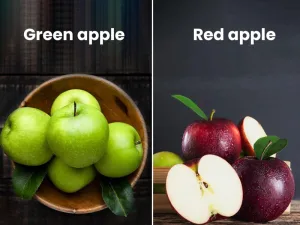French Fries and Diabetes: What You Need to Know
A new study has revealed a surprising link between French fries and type 2 diabetes. Eating French fries just three times a week could increase your risk by up to 20%. But here’s the twist—boiled, baked, or mashed potatoes don’t carry the same danger. So what’s really going on?
The Real Culprit: How Cooking Methods Matter
It’s not the potato itself that’s the problem—it’s how it’s cooked. Frying potatoes at high temperatures in unhealthy oils creates harmful compounds, including trans fats. These fats are known to contribute to insulin resistance, heart disease, and inflammation.
In contrast, boiling or baking potatoes preserves their natural nutrients without introducing toxic byproducts. That’s why switching to healthier cooking methods can make a big difference in your long-term health.
What the Research Says
The findings come from a comprehensive Harvard University study that analyzed over 30 years of dietary data from more than 250,000 participants. Researchers found that replacing French fries with whole grains could reduce diabetes risk by nearly 19%. However, swapping fries for other fried foods didn’t offer the same benefit.
This highlights the importance of not just what you eat—but how you prepare it.
Fried Foods and More Than Just Diabetes
French fries are often coated with flour or breading, which spikes their carbohydrate content. Combined with trans fats, this makes them a double threat. The American Diabetes Association warns that fried foods can also increase the risk of heart disease and stroke.
Choosing whole, minimally processed foods and cooking them with healthier techniques—like steaming, roasting, or boiling—can help you avoid these risks.
Boiled Potatoes: A Surprising Ally
Not all experts agree that potatoes deserve their bad reputation. In fact, boiled potatoes may support weight loss and reduce diabetes risk. Studies from countries like Iran, Finland, and the Netherlands show that people who regularly consume boiled potatoes have a significantly lower risk of developing type 2 diabetes.
This suggests that potatoes, when prepared properly, can be part of a balanced and health-supportive diet.
Rethinking Public Health Messaging
Instead of labeling foods as “good” or “bad,” experts recommend focusing on preparation methods and healthier alternatives. The quality of your diet depends not just on the ingredients, but on how they’re cooked and combined.
If you’re looking to improve your eating habits, consider exploring recipes that feature whole grains, legumes, and vegetables prepared with minimal oil. Making small changes—like swapping fries for boiled potatoes—can lead to big health benefits over time.




+ There are no comments
Add yours